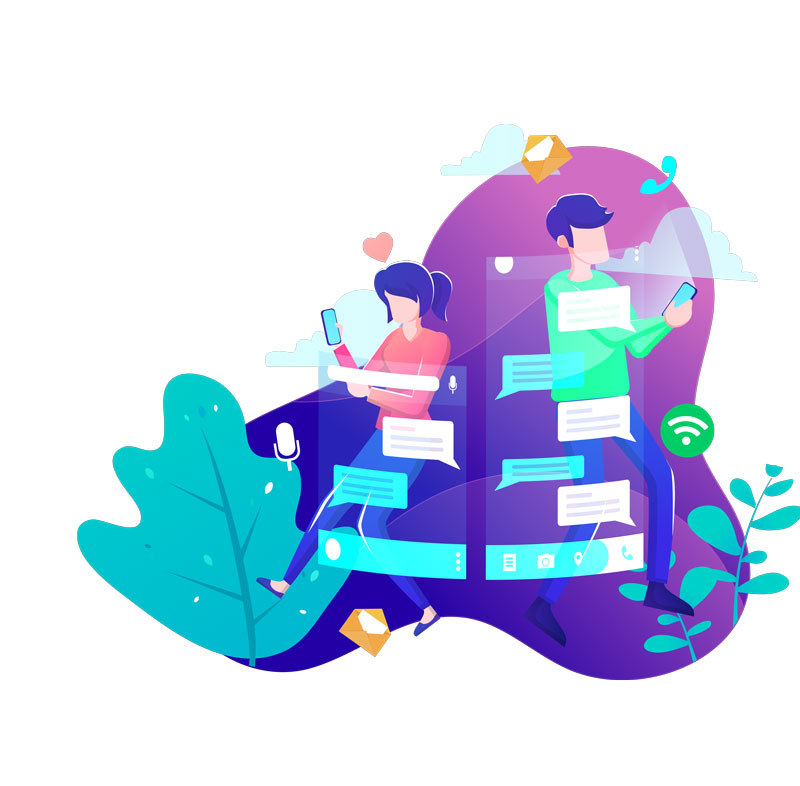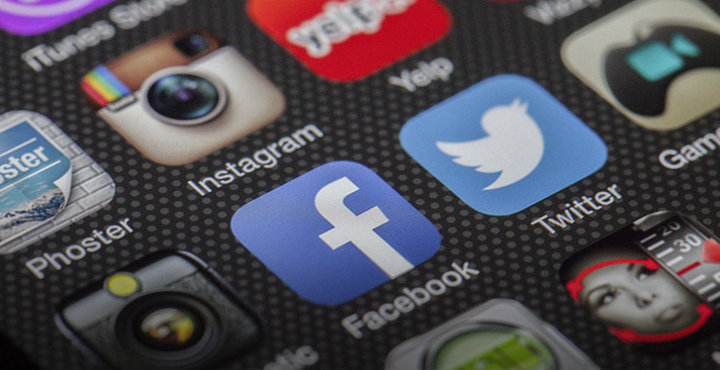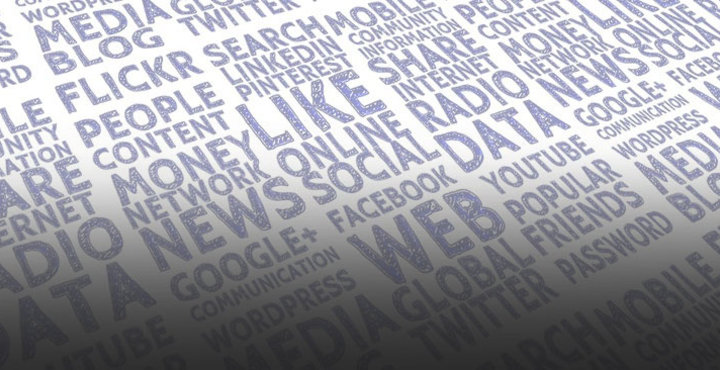Editor's Note: The following article is a guest post by Jennifer Broflowski at the Resume Writing Service.
The twenty-first century has taken the world by technological storm. Of course, technology has significantly improved almost each and every domain of human activity, from medicine to space exploration to sharing photos of our cats.
Digital technologies have especially impacted written communication. The advent of social media platforms and online communication have ensured that the world communicates faster and more efficiently than ever before.
Today, everyone can type fast and send messages. But can everyone still write in complete, grammatical sentences? Here's a perusal of the effects of social media on how we write in the third decade of the twenty-first century.
The State of Modern English
There is, probably, no way to deny the fact that social media websites have made a significant contribution to the development of English as lingua franca.

—Erik Prescott (writer at PaperLeaf)
Are we writing in proper English online? The sheer amount of slang in online English could be understood as a case of linguistic drift.
For example, we might type, "LOL, imho, this is psych. Btw, I G2G. Lmk when you're ready," when what we mean is: "This is extremely hilarious. In my honest opinion, it is even unacceptable. By the way, I have to go now. Let me know when you are ready."
Twitter and Instagram require us to express our thoughts and opinions in a limited amount of characters, obliging us to contract and abbreviate words. As a result, many of us no longer feel the need to remain professional when it comes to how we write online.
Emojis and You
One of the effects of social media is that our written language is becoming more pictographic. One might use an emoji in place of two or three words, and such emojis are definitely changing the way people write.
We can even create personalized emojis to express our emotions. This is outstanding from a technological point of view, but it has resulted in a new language for online communication.
How Online Communication Functions in Business
 Online communication has streamlined business communication. Indeed, being able to speak "social" is crucial in modern business.
Online communication has streamlined business communication. Indeed, being able to speak "social" is crucial in modern business.
Business ethics and etiquette are reflected in how people treat each other, and especially in how professionals speak to one another, as clear communication is the basis of good business practices.
Imagine you are a CEO who has done everything possible to establish your company's reputation. You, as the CEO, have put great effort into treating your employees with respect and honor through your business correspondence.
Now, imagine you receive the following email:
Hi,
My name is Dave and I don't want this email to contain 2MI, so let's cut to the chase. My PRO and my BKPR have told me that your company is a hit! BTW, I have been your fan since the age of like ten. GMTA! If you fancy doing some stuff together, lmk, AEAP.
Dave
On a scale of one to ten, how interested would you be in working with Dave?
Of course, it is possible that Dave is a financial genius whose start-up is going to make billions of dollars. However, such informal writing reflects poorly on Dave, and it is unacceptable in business circles. It can also result in miscommunication.
Clearly, how we write tells people a lot about us and often plays a considerable role in making a first impression. To ensure you're using the right language for professional communication, make sure your writing is text-talk free. Consult a professional editor, who can help ensure that you will make a great first impression.

Communication in the Twenty-First Century
Due to the increasing use of social media platforms, written communication has become more efficient—communicating is faster than ever before. Large volumes of information are transmitted via social media, and all the world’s information is—quite literally—at our fingertips.
Has face-to-face communication suffered as a result of advancements in online communication? In the modern world, many of us find it difficult to engage in offline communication, or we are distracted by smartphones during conversation.
Conclusion
Social media has improved many aspects of how we write. One of the effects of social media is that people on opposite sides of the world can stay in touch continually.
Social media has also had a huge impact on the world's perception of the very concept of language, so much so that the question of whether online English is still modern English has arisen. As the world is constantly changing, so too is the language that we use to describe it.
Image source: kenishirotie/elements.envato.com
An Editor Can Help You Make a Great First Impression
Hire One of Our Expert Editors, or Get a Free Sample
About the Author

Jennifer Broflowski is a University of South Australia graduate. In school, Jennifer studied literature and edited the university journal. At the Resume Writing Service, she now uses her writing skills to assist applicants.









